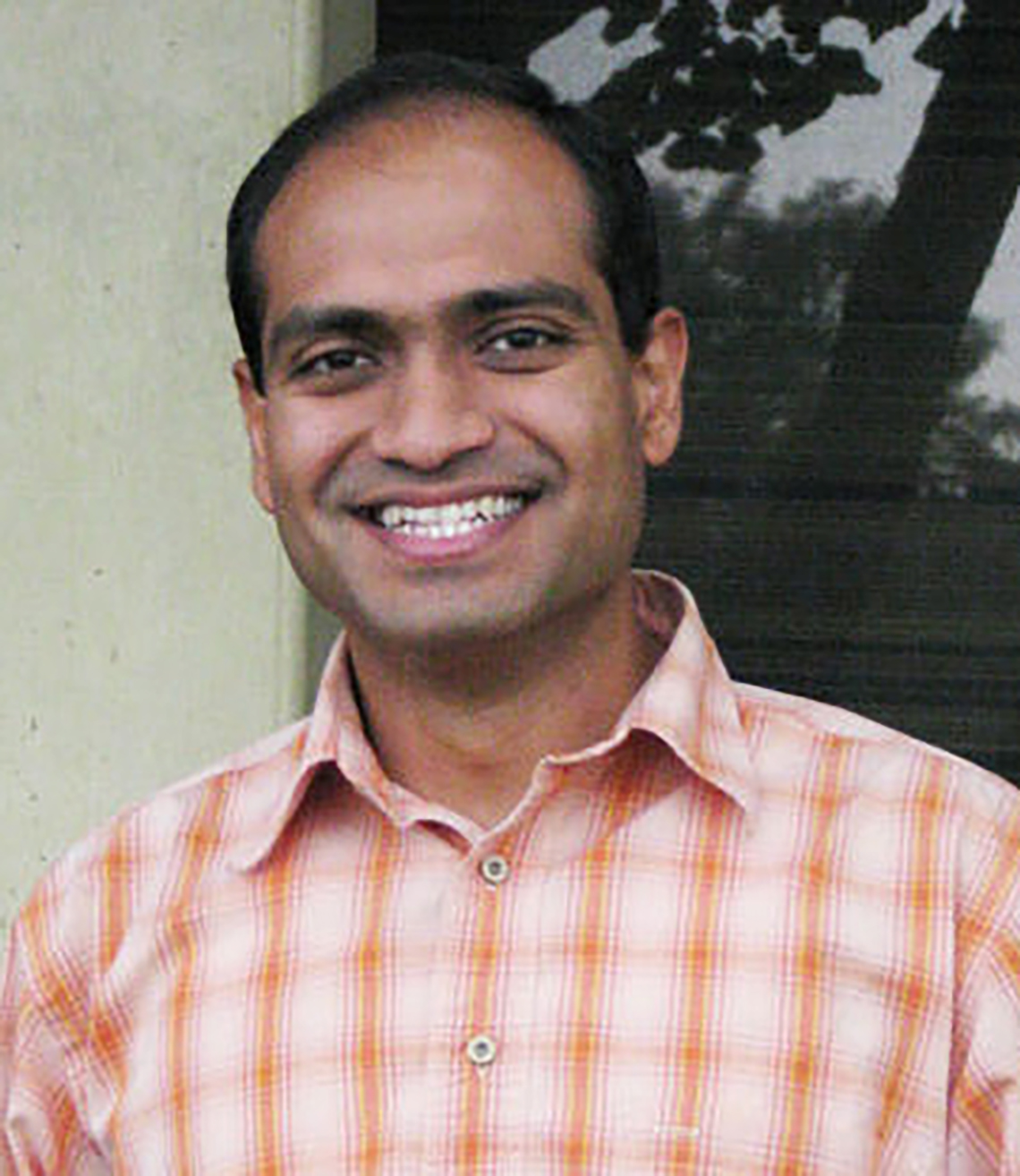EECS Prof Earns NSF Career Award

Prasad Kulkarni, assistant professor of electrical engineering and computer science at the University of Kansas, has received one of the most prestigious National Science Foundation honors given to junior faculty members. The five-year, $420,000 Faculty Early Career Development (CAREER) Award will support Kulkarni’s ongoing efforts to build more secure and better-performing software systems.
“These highly selective grants are awarded to junior faculty members who are considered to be academic leaders of the future,” said Perry Alexander, acting director of the Information and Telecommunication Technology Center. “Prasad is a dedicated researcher and highly deserving of this honor, and his work is critical to our national prominence in cyber security. Additionally, we are delighted to have three researchers in the last four years receive CAREER awards. Our younger faculty members are being recognized for their pioneering research and effective integration of scholarship and teaching.”
At ITTC, Kulkarni is developing a more secure and efficient framework for virtual machines, which ensure compatibility between applications and the devices running them. Cell phones, PDAs and computers are among the billions of devices that have virtual machine software running Internet programs and applications. To limit the cost and startup time, current virtual machines apply only basic security checks. Devices are then left vulnerable to viruses and other malicious software that can corrupt and steal private data — from passwords to address books.
Kulkarni’s new virtual machine framework will slice out the security management and program monitoring tasks and perform them simultaneously with the main program. The framework will reduce the overhead of monitoring and security tasks and allow more secure and efficient execution of future programs.“This new framework will allow developers to provide new and more expensive security checks while minimizing the performance penalty incurred at runtime,” Kulkarni said. “Our approach will employ program slicing to construct only the program state required for each security task. The proposed framework will naturally exploit the anticipated growth in the number of processing cores on a chip to run individual program slices concurrently with each other and with the main program thread.”
Kulkarni received a bachelor's in computer engineering from Poona University in 2001 and master’s and doctoral degrees in computer science from Florida State University in 2003 and 2007, respectively.